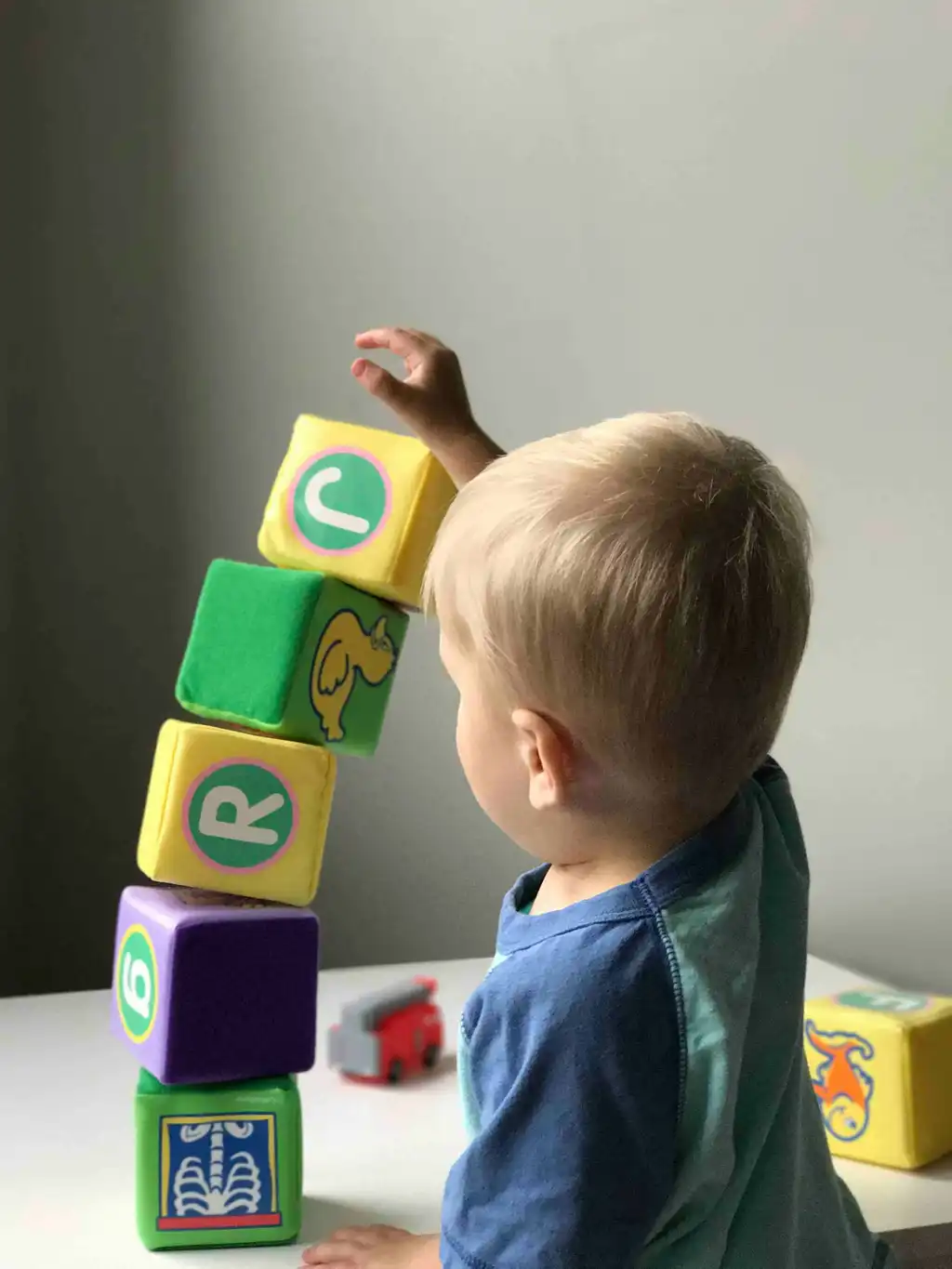
Understanding Initiative vs Guilt
Erikson’s theory posits that each stage of development presents a unique psychosocial conflict. In the initiative vs guilt stage, the child faces the challenge of balancing their desire to explore and take action with the potential for failure or disapproval. A healthy resolution of this conflict leads to a sense of purpose and self-confidence. Children who successfully navigate this stage are more likely to be curious and creative
Children at this age are naturally curious. They ask “why” constantly, eager to understand how things work. They engage in imaginative play, trying out different roles and scenarios. This play is not just fun; it’s how they learn about the world and their place in it. They are developing a sense of self and their ability to influence their environment. This is a time of great learning and growth.
However, if a child’s initiatives are met with consistent criticism or punishment, they may develop feelings of guilt. This guilt can lead to self-doubt, hesitancy, and a fear of trying new things. They may become overly compliant or withdrawn, afraid to express their own desires or opinions. This can impact their self-esteem and their ability to form healthy relationships.
The Importance of Play
Play is the primary way children explore and learn during this stage. Through play, they develop social skills, problem-solving abilities, and emotional regulation. They learn to cooperate, negotiate, and resolve conflicts. Imaginative play allows them to try out different roles and explore their own identities. It’s a safe space for them to experiment and make mistakes without fear of judgment.
Parents can support their child’s sense of initiative by providing opportunities for play, encouraging exploration, and offering praise for their efforts. It’s important to avoid being overly critical or controlling. Allow children to make their own choices and learn from their mistakes. This helps them develop a sense of autonomy and self-confidence.
Supporting Healthy Development
- Encourage exploration: Provide a safe environment for children to explore and experiment.
- Foster creativity: Offer art supplies, building blocks, and other materials that encourage creative expression.
- Promote problem-solving: Encourage children to find solutions to problems on their own.
- Offer praise and encouragement: Focus on effort and progress rather than just the final outcome.
- Set reasonable limits: While it’s important to allow for exploration, children also need clear boundaries.
- Avoid over-criticism: Constructive feedback is helpful, but excessive criticism can lead to feelings of inadequacy
- Model initiative: Show children what it looks like to be assertive and take on new challenges.
When to Seek Professional Help
While some degree of self-doubt and hesitancy is normal during this stage, persistent or excessive guilt can be a sign of a deeper issue. If your child is consistently withdrawn, overly compliant, or expresses frequent self-blame, it may be helpful to seek professional guidance. A therapist can help children explore their feelings, develop coping mechanisms, and build self-esteem. They can also provide support and guidance for parents.
Find A Therapist That Specializes In Child Development and Parenting Support
Our therapists at Integrative Family Counseling understand the challenges of raising children and supporting their emotional development. We offer guidance and support for parents navigating the initiative vs guilt stage and other developmental milestones.

Elizabeth Turek
My therapeutic style is integrative and holistic, drawing from Client-Centered Therapy, Gestalt Therapy, Reality Therapy, and Regression Work. I incorporate mindfulness practices to help clients become more grounded in the present moment, and I emphasize self-awareness as a key to personal growth and emotional healing.
View Elizabeth's Profile
Emily Stoner
I believe cultivating ways one can empower oneself can be a catalyst for positive changes. By finding practical ways to remind ourselves of choices we have in our everyday lives can assist in improving ourselves overall. I believe in meeting individuals where they are in their healing journey and provide flexibility due to life's busy schedule.
View Emily's Profile
Juliana Morgan
I believe that change and growth can happen and aim to guide my client's on their path of discovery. I value the therapeutic relationship and seek to provide a safe, empathetic, and authentic healing environment.
View Juliana's Profile
Tom Malczyk
I provide a compassionate, warm, and easy going approach to therapy. My role is to help you define, navigate and overcome the obstacles holding you back from living your most authentic and meaningful life. It is an honor to walk beside each client on their journey of self-healing, restored balance and renewed connection.
View Tom's Profile
Jessica Warren
Whether it is peer issues, relationship issues or just day-to-day difficulties, there is no issue too small for therapy. Together we can work to develop skills that can help you navigate these challenges.
View Jessica's ProfileLong-Term Impact And Family Therapy Activities
Successfully navigating the initiative vs guilt stage is crucial for healthy development. Children who develop a strong sense of initiative are more likely to be confident, assertive, and successful in their future endeavors. They are better equipped to handle challenges, take risks, and pursue their goals. Conversely, children who struggle with guilt may experience low self-esteem, anxiety, and difficulty forming healthy relationships. Early family therapy activities
Insurance Coverage Made Simple
We accept most major insurance plans and offer low self-pay rates to ensure quality care is accessible to everyone. Your well-being is our priority, and we're here to help regardless of your financial situation.
FAQ: Common Questions About Initiative vs Guilt
What is Erikson's theory of psychosocial development?
What is the initiative vs guilt stage?
What are signs a child is struggling with initiative vs guilt?
How can parents support a child's sense of initiative?
What role does play have in this stage?
Can unresolved guilt impact later development?
When should I seek professional help?
How can therapy help?
Related Articles

Adult Child Syndrome: Signs, Origins, and Solutions
Adult Child Syndrome arises from growing up in dysfunctional environments and affects various aspects of life. Discover the key symptoms, underlying causes, and treatment strategies to address this condition effectively.

Childrens Therapy Solutions: Effective Approaches for Young Minds
Discover various childrens therapy solutions designed to support emotional and psychological development. This guide explores effective techniques and approaches to help young minds thrive.

Object Permanence ADHD: Understanding the Connection
Discover how object permanence in ADHD impacts daily life and strategies to manage related challenges effectively.

Sibling Therapy Activities For Better Relationships
Explore activities for siblings in therapy designed to improve sibling relationships and communication. Learn about popular exercises, tips for implementation, and how therapy can support family dynamics.




